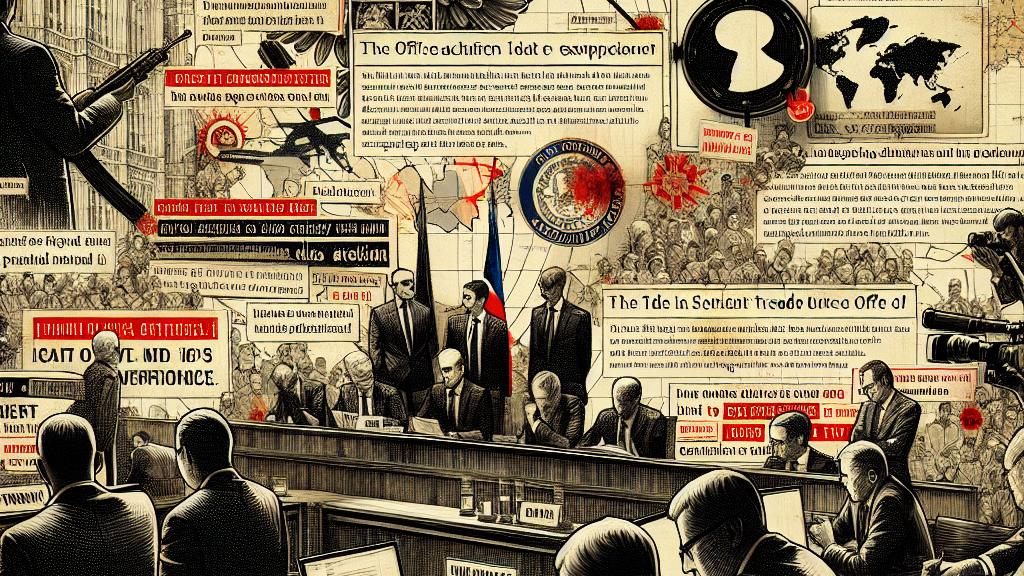Court Proceedings of Hong Kong Trade Office Allegations
Overview
- Three individuals from the Hong Kong trade office in London face serious espionage charges, igniting substantial international interest.
- The defence team has made a plea for extra time to assess a staggering volume of complex evidence.
- Key accusations focus on unlawful surveillance actions and support for a foreign intelligence service.

Context of the Case
In the heart of London, a significant legal drama is unfolding, drawing fervent discussion and scrutiny regarding the Hong Kong Economic and Trade Office. Bill Yuen, the office manager, stands accused of participating in espionage, a grave accusation that raises eyebrows and questions in both the public and diplomatic spheres. This situation develops amid heightened tensions between Hong Kong and the UK, reflecting a fragile relationship that has seen better days. Specifically, Yuen and his two co-defendants are alleged to have breached the UK's National Security Act, a law created to safeguard the nation from foreign threats. Their purported activities included secretive information gathering and surveillance aimed at individuals in the UK, which not only challenges diplomatic norms but also illustrates the complexities surrounding issues of state security in a globalized world.
Court Proceedings and Evidence
The legal proceedings at the Old Bailey, known for its rich history and significance, have captivated audiences as the prosecution rolls out a formidable amount of evidence against Yuen and his co-defendants. Imagine the pressure of sifting through thousands of messages, encrypted materials, and various documents that are not only complex but crucial to the case! The defence made a compelling argument for additional time to process this extensive data, highlighting the inherent challenges in ensuring a fair trial. However, the judge upheld that the existing evidence was sufficient, prompting a debate over procedural justice. This raises pertinent questions: Can true justice be served if defendants are not provided adequate time to prepare their defence? This legal battle thus stands as a critical intersection of law, justice, and international diplomacy—showcasing the potential ramifications of foreign engagements on domestic legal matters.
Repercussions in Hong Kong and Beyond
The fallout from these proceedings extends far beyond the courtroom, resonating strongly within Hong Kong's political landscape. The case highlights the delicate balance between national security and civil liberties, especially following the controversial national security law imposed by Beijing in 2020. As discussions swirl about the implications of this legal action, many are left pondering the relationship dynamics between the East and West. Notably, this incident could redefine how nations approach matters of sovereignty, espionage, and human rights. Could it signal a shift in diplomatic strategies and policies? The stakes are high, and as this trial progresses, it not only serves as a moment of reckoning for Yuen and his associates but also as a critical juncture that could shape the future of international relations and diplomatic dealings. The world watches closely, aware that the outcome here may reverberate across borders, influencing global perceptions and interactions.

Loading...